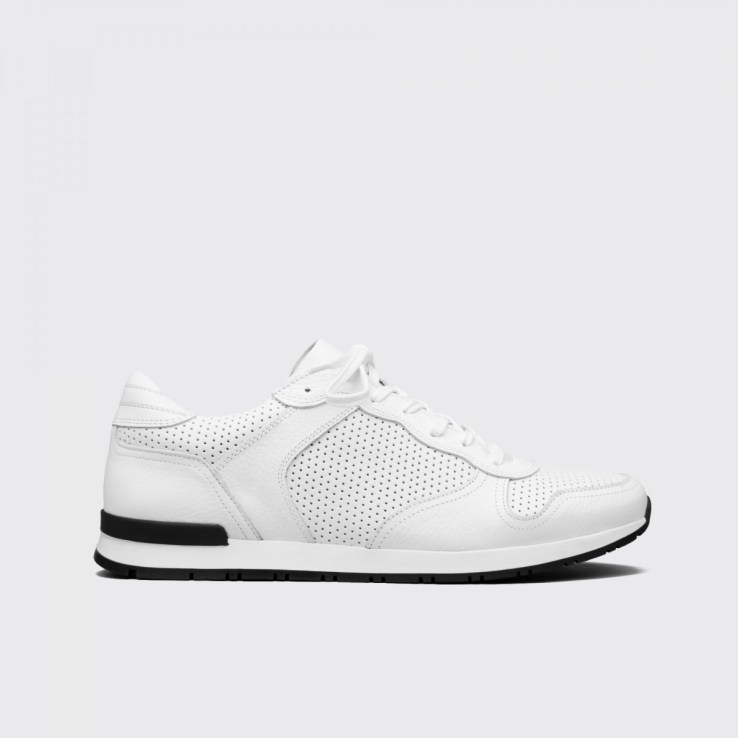Oliver Cabell raises $1.2 million to slip into the shoe business

Oliver Cabell, a Minneapolis-based startup selling bags and other accessories, has raised $1.2 million to slip into the shoe business.
The company’s high end canvas and leather bags caused a bit of a stir around TechCrunch’s offices a few years ago (we were too busy using the bags to review them) — and now the company’s ready to try on footwear to see how the new product line will fit.
With the new cash, raised from an undisclosed angel investor, the company is also experimenting with a pretty ambitious business model, according to chief executive and founder Scott Gabrielson.
Gabrielson said the company will be releasing a new shoe each week. That’s a big undertaking for a small company with only roughly $1 million in financing, but Gabrielson said that with new manufacturing capabilities the model can definitely work.
Most shoe manufacturers work with brands that have seasonal shoe releases (because they’re re-selling the shoes to traditional, physical retail), Gabrielson explained. That leads to huge swings in production demand and slower times for manufacturers between seasonal releases.
“Since we are direct to consumer and cut out the retailer, we don’t have to operate this way,” says Gabrielson. “By creating weekly drops we are able to provide constant work through traditionally slow periods of the year, which allows us to negotiate better terms (i.e. minimums, turn around times, etc.) and produce in this fairly atypical manner,” Gabrielson wrote to me in an email.
For Oliver Cabell, it’s all about the process, Gabrielson tells me. The sneakers are made using full grain leather from the Veneto region of Italy with soles from suppliers Margom and Dila.
“We seek out companies that focus on making one thing really well, and partner with them for the long term. By doing so we form unique, long-lasting relationships with these suppliers as well, which allows us to purchase lower quantities, gain first access to unique materials, and have more flexibility with payment terms,” according to Gabrielson.
The faster pace of production lets the company be more creative with silhouettes and materials, he continued.
The push into footwear is part of a broader vision of a new kind of clothing company. The 29-year-old Gabrielson first opened his eyes to the brutal realities of the traditional fashion industry in 2013 after the Rana Plaza building collapse in Bangladesh.
“Soon after, I quit my job in business development for an education non-profit and pursued a master’s degree at the University of Oxford, where I focused my studies on the evolution of the fashion industry. I discovered that even traditional designer brands had succumbed to the “fast fashion” movement,” Gabrielson wrote to me. “While visiting a factory in Asia I saw cramped female workers, earning $7 a day, gluing and sewing designer bags and accessories. One of the bags, which the brand claimed to only produce in Italy, cost under $100 to make. It sold for over $1,200 just down the road.”
Manufacturers and suppliers in emerging markets have consolidated to the point where roughly three-quarters of designer goods come from just a handful of companies, says Gabrielson.
That consolidation leads to high mark-ups, especially in leather goods. “This led to the formation of Oliver Cabell (and why we reveal everything from our factories to our costs and markup).